Breath shines both as an ambient record and as a blend of both ambient and classical, not solely because of the instrumentation utilized, but also because of these really big powerful climaxes that make up for the record’s most engaging moments.
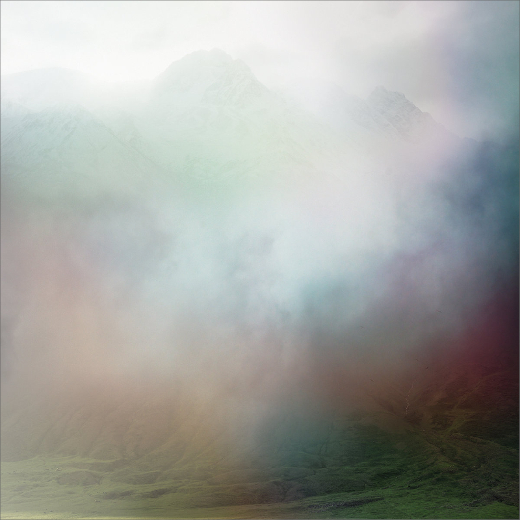
A sense of tenderness even in its climactic moments
As elegant as its title would suggest, Breath is a rather meditative and smooth ambient record; its very large soundscapes and ethereal arrangements make it quite pleasant to dive into, creating flowing and peaceful atmospheres that are more than satisfying.
The thing I like most about this LP is just how light and elegant it really feels, there’s a sense of tenderness even in its climactic moments, there’s never a true sense of weight to the pieces, save for a couple of moments where a rather thick synthesized bass is introduced. The tracks are not directionless though, it is their light sound that helps them establish such a nice atmosphere, but as far as structure go they can feel really well orchestrated instead; it’s not that they don’t leave any room for the listener, as the spaciousness of the mix still very much allows that, but their guidance does provide some satisfying moments occasionally, putting more emphasis on some stronger parts instead of just focusing on texture and ambience.
This way, Breath shines both as an ambient record and as a blend of both ambient and classical, not solely because of the instrumentation utilized, but also because of these really big powerful climaxes that make up for the record’s most engaging moments.
That being said, the opening title track is everything but that, as it is as pure of an ambient piece as you get. It also works wonderfully as such, almost sounding like some old school ’80s electronic ambient music; the atmosphere isn’t quite futuristic, but it is incredibly clean and polished, in a way that makes the track really easy to sink into. The way it opens so shyly and grows just as subtly is also great, it helps achieve a great sense of immersion that is what the piece ultimately thrives off of. It keeps on growing, and by the time you get to the end, all sense of timidness is gone, leaving you in this huge finale; it isn’t explosive, and I wouldn’t even really call it a climax for that reason, it’s more like the goal the track was aiming for since its beginning, yet didn’t seem like it was trying to get to so ardently; that is because the piece really is gentle and smooth, there’s not progression that feels imposed or that is so obvious you’d expect the track to reach such heights, and that’s really what I like most about the piece, it’s a great ambient track that also manages to pull off a rather satisfying progression despite it seeming free of structure.
Spaciousness ::
“Life” is quite the opposite, as it heavily plays on contrast. The climaxes in this piece are proper climaxes, and they boom thanks to how quiet the other parts are. The track isn’t as linear as “Breath,” if anything, its lack of progression makes the sudden climaxes work. I really like how after the first one you get a beautiful motif on a piano, almost like the calm after the storm, where the track comes back to life even more elegantly than it started. Of course it explodes once more, annihilating this innocent piano, but it’s all for the better in the end. Even if these two big moments may sound a bit too theatrical for my taste, the piece plays wonderfully with contrasts, catching you by surprise the first time you get to them.
The three following tracks are far more delicate, also diving a lot more into classical fusions. “To Love” almost seems like a continuation of “Life,” as the piano plays a melody that’s rather similar, but seems to be more elborate overall, as if in the previous piece it really only served as a brief return to calm; here, this melody has to sustain itself, as “To Love” is far more minimalistic, and it does so really well given that it’s less repetitive and seems to emphasize its chord progression even more thanks to some hefty accents. “We Expand” is less based around a motif, and instead goes back into more proper ambience, though unlike the opening title track, this time the atmosphere is both more airy and denser at the same; the extensive use of strings make the piece a lot lighter, yet the use of a synth bass juxtaposes to that by adding some body to the overall sound, creating a piece that’s overall balanced and flows really smoothly. The last of the classical trio, “Calling for Peace,” insists with its beautiful glockenspiel, while also creating wonderful climactic accompaniments around it.
The other highlight worth of mention is the wonderful “Everything Moves,” a brief yet packed track. It is, as you may catch from the title, the most active piece on the entire record, by a landslide. The staccato of the piano and its speed both contribute to creating a pretty tight motif, an ostinato that keeps the piece well alive for its entire duration; there’s some beautiful arpeggiated synth lines that swoop in and out, pairing excellently with the piano, as they’re just as fast but happen to be far smoother. The track grows as it goes, all while this motif is still providing energy, becoming fully realized as its matched by such grand arrangements. It seems like the piece is getting more and more intense as it goes, and the piano was almost like the heart of it all, as it just would not function without it.
Generally speaking, Breath is an ambient record that’s executed really well. I often find records in this style to be very monotonous, while also unoriginal, as neither the ambient nor the classical side are presented in particularly impressive fashion; while Breath may also not be new, it certainly shines far above most records in this style. The arrangements are wonderful, and the one thing I adore most about ambient music like this—the spaciousness, given by some great mixing, and the feeling of the instrumentation actually being light and ethereal—is the LP’s biggest strength. With that, it’s quite clear how Breath manages to be so successful overall.








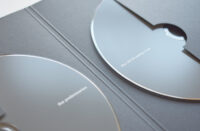

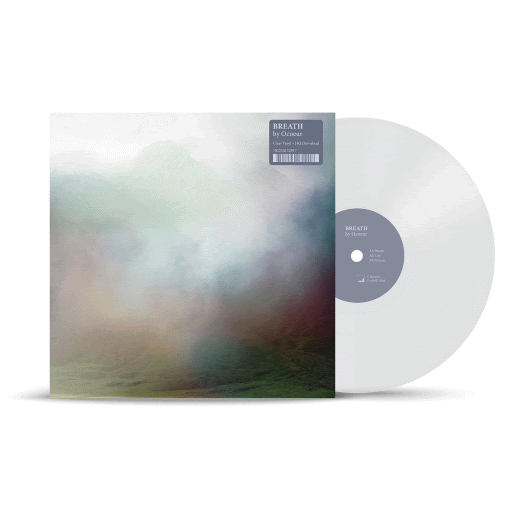

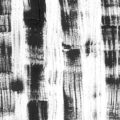
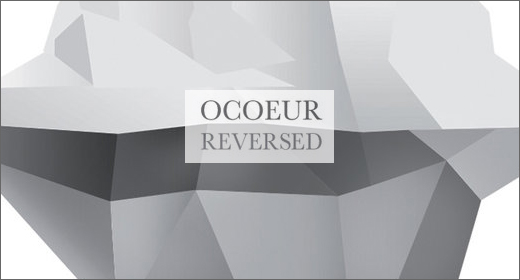

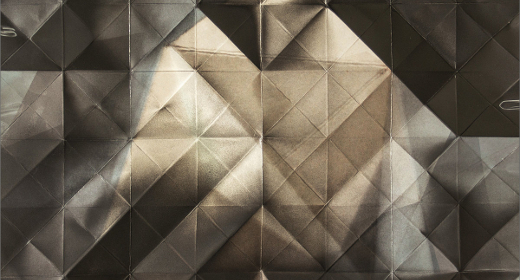

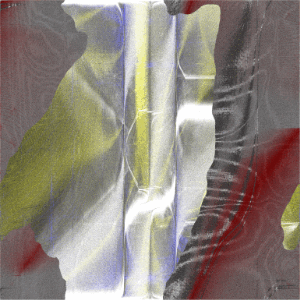

![Pole :: Tempus Remixes (Mute) — [concise]](https://igloomag.com/wp/wp-content/uploads/2025/04/pole-tempus-remixes_feat-75x75.jpg)






![Hasbeen :: Bunker Symphonies II (Clean Error) — [concise]](https://igloomag.com/wp/wp-content/uploads/2025/04/hasbeen-bunker-symphonies-ii_feat-75x75.jpg)